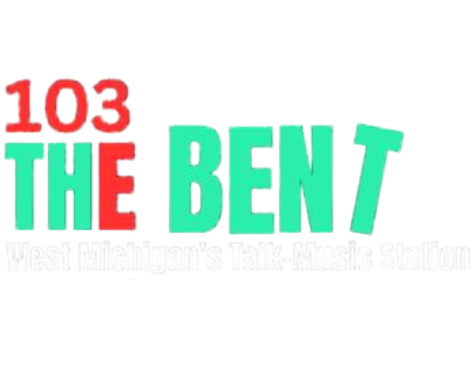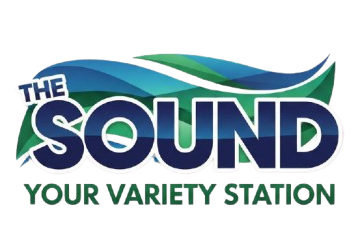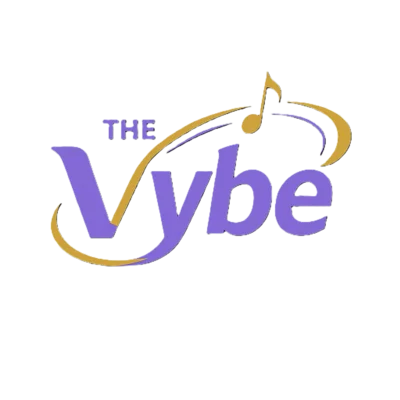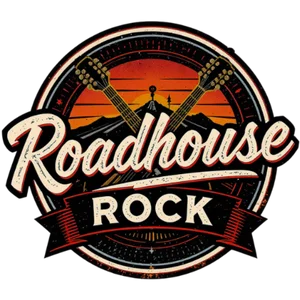Las Vegas is facing significant challenges with its economy, primarily due to a slump in tourism, which has led to high unemployment rates. According to recent data from the U.S. Bureau of Labor Statistics, the unemployment rate in the Las Vegas area stood at 6 percent in July, tying with Los Angeles for the third highest among major U.S. metro areas with populations exceeding one million. This rate is surpassed only by Riverside and Fresno, California.
Despite a decrease in unemployment compared to last year, the city’s economy, heavily reliant on tourism, is struggling. Visitor numbers have declined by over 1.5 million in the first half of the year compared to the previous year, impacting consumer spending in Southern Nevada. The region’s economy is significantly driven by tourism-related activities such as gambling, dining, and entertainment, which are experiencing reduced consumer engagement amid broader economic concerns, including trade tensions.
Factors such as high resort fees and other costs are also contributing to a negative perception of Las Vegas as an expensive destination, prompting casino operators to introduce discounts in an attempt to attract more visitors. However, economic uncertainties are causing potential visitors to reconsider discretionary spending, affecting travel plans to Las Vegas.
The leisure and hospitality sector, crucial to Southern Nevada’s economy, employs a much larger portion of the workforce compared to the national average. Economic experts, like Andrew Woods from UNLV, have highlighted that consumer spending habits are shifting, with Las Vegas often feeling the impact of economic slowdowns earlier than other regions. If a broader economic downturn occurs, Las Vegas is likely to experience significant challenges before other areas and may take longer to recover.

























